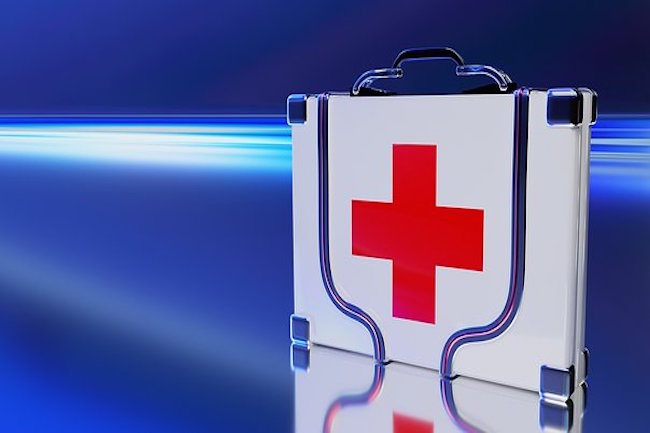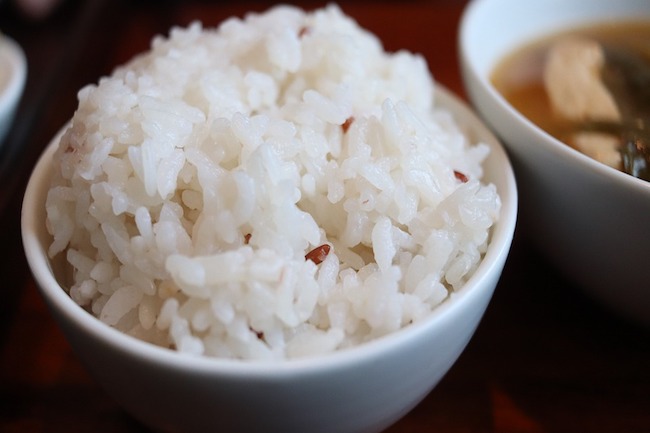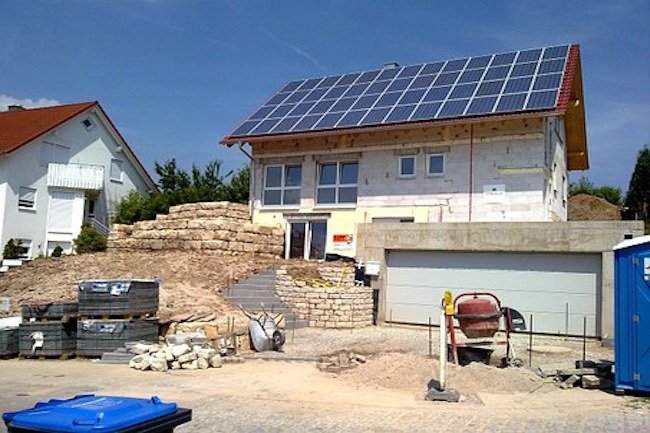Prepper Home Pharmacy: The Best Medications to Stockpile by M.D. Creekmore for MD Creekmore
Disclaimer: I am not a doctor and cannot give medical advice, diagnosis or suggest treatment for any sickness or disease. All information in this article is for informational purposes only. Please seek out a competent medical care professional for any injury, sickness, or disease that you might have.
Now that the legal disclaimer is out-of-the-way, let us get started with some general info and advice on the types of injuries you can expect, and with a discussion of medical kits and contents, references and training recommendations.
Most preppers when stockpiling medical kits and medications often make the mistake of targeting the bulk of their preparations toward trauma care – i.e., treating gunshot wounds and other trauma caused by violence or accident. While having the medical skills and tools to treat such injuries, there must be a balance between those types supplies, and supplies needed for more likely medical conditions such as the common cold, flu, dehydration, diarrhea, food poisoning, arthritis, heat stroke, hypothermia, diabetes, childbirth and so forth.
Most of these types of illnesses are easy to deal with while the medical system is running smoothly. However, after just a short-term disaster the medical system is often overburdened and is hard-pressed to meet the increased demand causing treatment to become degraded or nonexistent.
If the medical system cannot efficiently deal with the demand for treatment after a short-term disaster, one can only imagine the lack of care that we will experience following a major event such as an EMP, a nuclear attack, or a cyber attack that shuts down the power grid for months or even a viral pandemic that affects millions nationwide.
After an economic collapse, the main hurdle to getting medical care might be the inability to pay the upfront admittance costs rather than a lack of available care. I also expect the quality of care to decline in the months after an economic collapse. In other words, you might be able to find an office or hospital that will accept you (if you have the admittance fee), but the care you get maybe far below current standards.
After Argentina’s economic collapse, it was common for hospitals to ask patients to bring their own medical supplies when they needed care. As a side note, medical supplies make great barter items. It is also a good idea to have a supply of silver coins to pay for admittance into a doctor’s office or emergency room.
Prevention
Prevention involves regular exercise and proper diet. This is one of those things that some preppers seem to ignore, or perhaps they’re just too lazy and undisciplined to get into better shape. You know the ones – they buy all of the best gear and cool gadgets, and they pack their bug out bags thinking they are ready for the “big one”. Sadly, most of these folks cannot carry their gear 100 yards without stopping for a snack and thirty-minute nap.
Getting into decent shape (no you do not have to be a top contender in the next Ironman triathlon) is one of the best things that you can do for yourself now, and it will benefit you greatly in any disaster.
At a minimum, strive to meet the fitness and agility level presented in the chart below, after consulting with your doctor first of course. We do not want anyone with any preexisting medical conditions to fall over with a heart attack, so please go get a check-up and ask your doctor if you are healthy enough for this type of physical activity.




